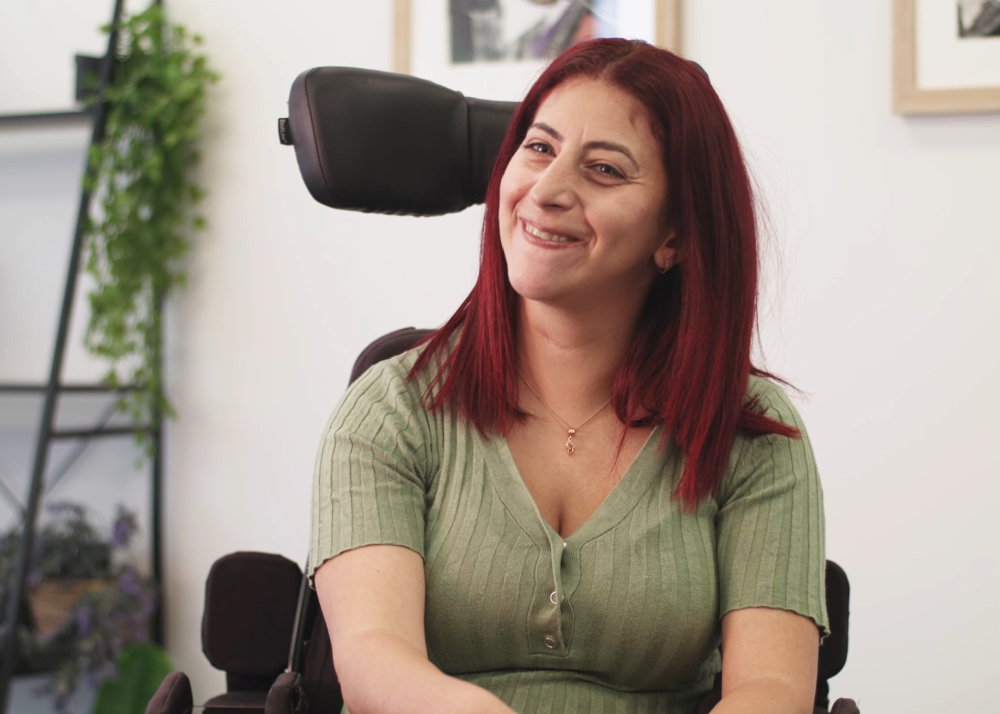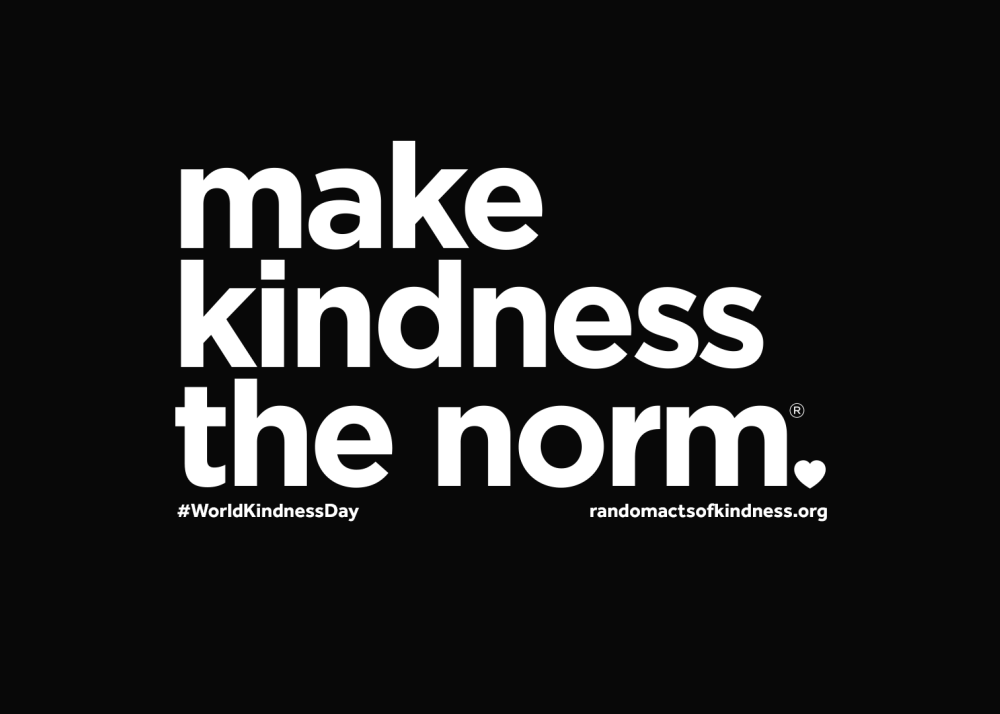Epilepsy: Dispelling the Myths
25 March, 2022
Today is Purple Day - a global initiative to raise awareness of epilepsy. We're taking the opportunity to dispell some common myths about what it's like to live with this condition.
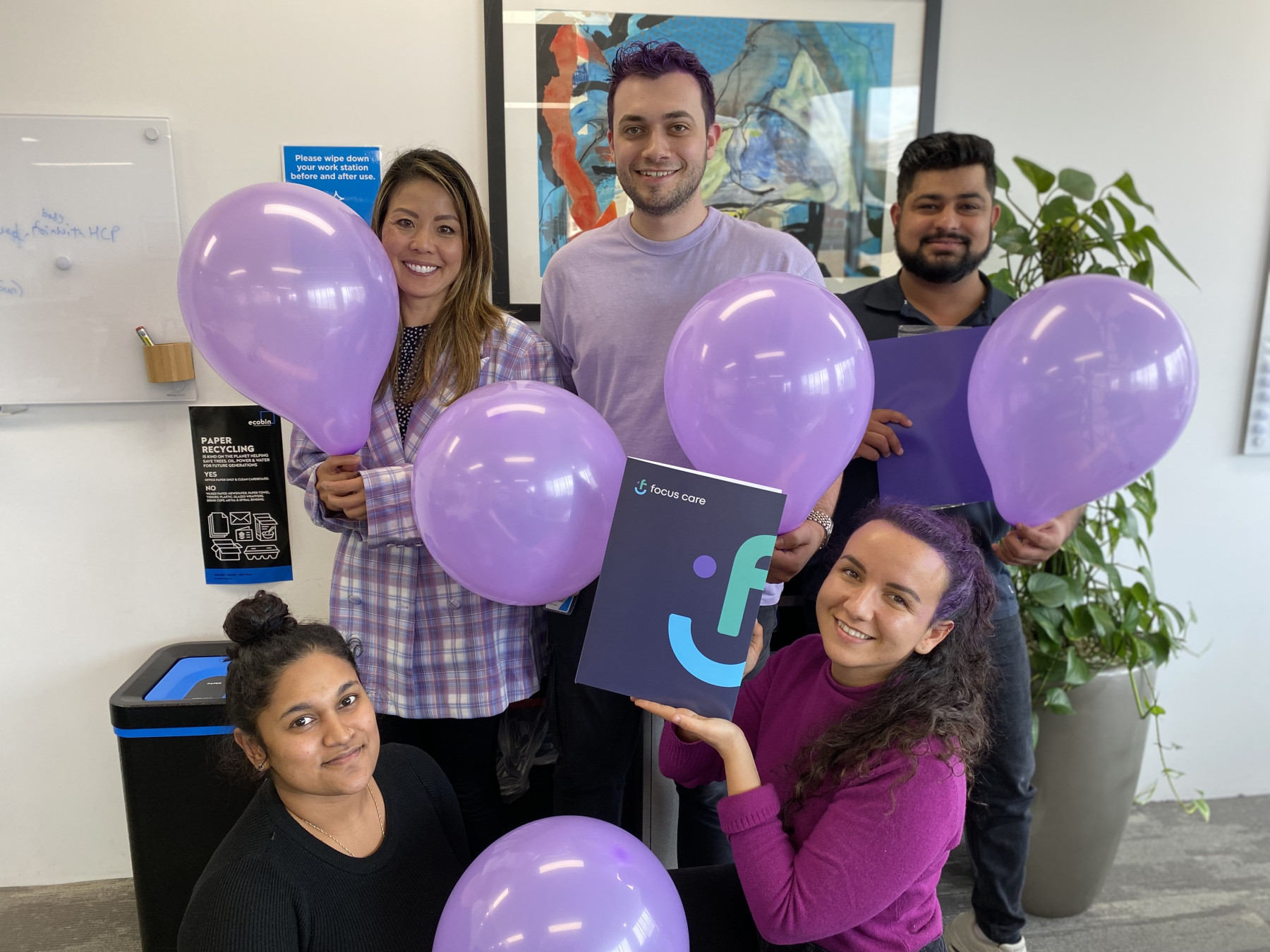
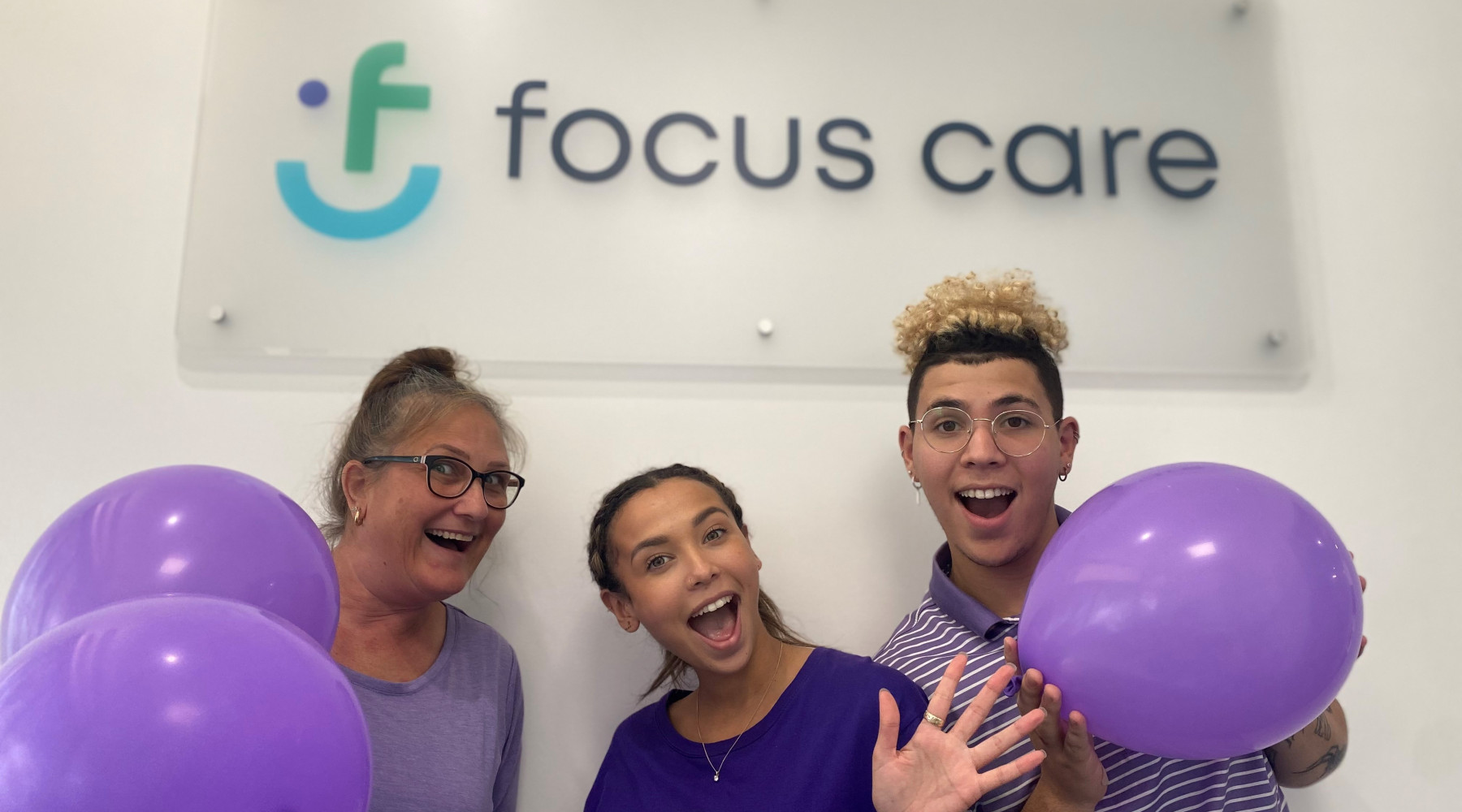
Members of our Sunshine Coast team getting into the Purple Day spirit!
Purple Day is a global initiative dedicated to raising epilepsy awareness, dispelling myths, and increasing support for those affected. Founded in 2008 by nine-year-old Cassidy Megan of Nova Scotia, Canada, the Purple Day concept was born out of Cassidy’s own struggles with epilepsy, her motivation to get people talking about the condition, and her desire to let those impacted by seizures know that they are not alone. Cassidy named the day ‘Purple Day’ after the internationally recognised colour for epilepsy, lavender.
Since that time, Purple Day has grown into a much loved and supported national awareness day with thousands of people across Australia rallying their private, academic, and corporate communities to raise much-needed awareness and funds for those affected by epilepsy.
Focus Care provides disability support services to clients across our regions in Melbourne, Sydney, Newcastle, Armidale, and the Sunshine Coast to live with epilepsy, and on Friday our head office teams wore purple to mark the occasion. Today we are raising awareness of epilepsy amongst our Disability Support Workers and the wider community by dispelling some myths about epilepsy.
Myth #1: Seizures and epilepsy are the same
A seizure happens when the regular electrical impulses in the brain are disrupted, causing them to rapidly fire all at once. Depending on where the seizure happens in the brain, this can cause changes in:
sensation and feeling
awareness and consciousness
emotions and behaviour
movement
Seizures vary and can be very brief or last up to two or three minutes. Most seizures are generally over in less than two minutes. Some seizures are severe and some very subtle.
Under certain circumstances, anyone can have a seizure and not all seizures are diagnosed as epilepsy.
Epilepsy is diagnosed when someone has a tendency to have recurrent seizures.
It is a neurological disorder and seizures are caused by a temporary disruption of the electrical activity in the brain.
Approximately 3% to 3.5% of Australians will be diagnosed with epilepsy at some point in their lives and over 250,000 Australians currently live with epilepsy.
Epilepsy can start at any age although it is more likely to be diagnosed in childhood or senior years.
There are many different types of epilepsies and people’s experiences differ greatly. Some types of epilepsy are age-limited and the person eventually stops having seizures. For others, epilepsy is a life-long condition.
Approximately two-thirds of people with epilepsy become seizure-free with medication.
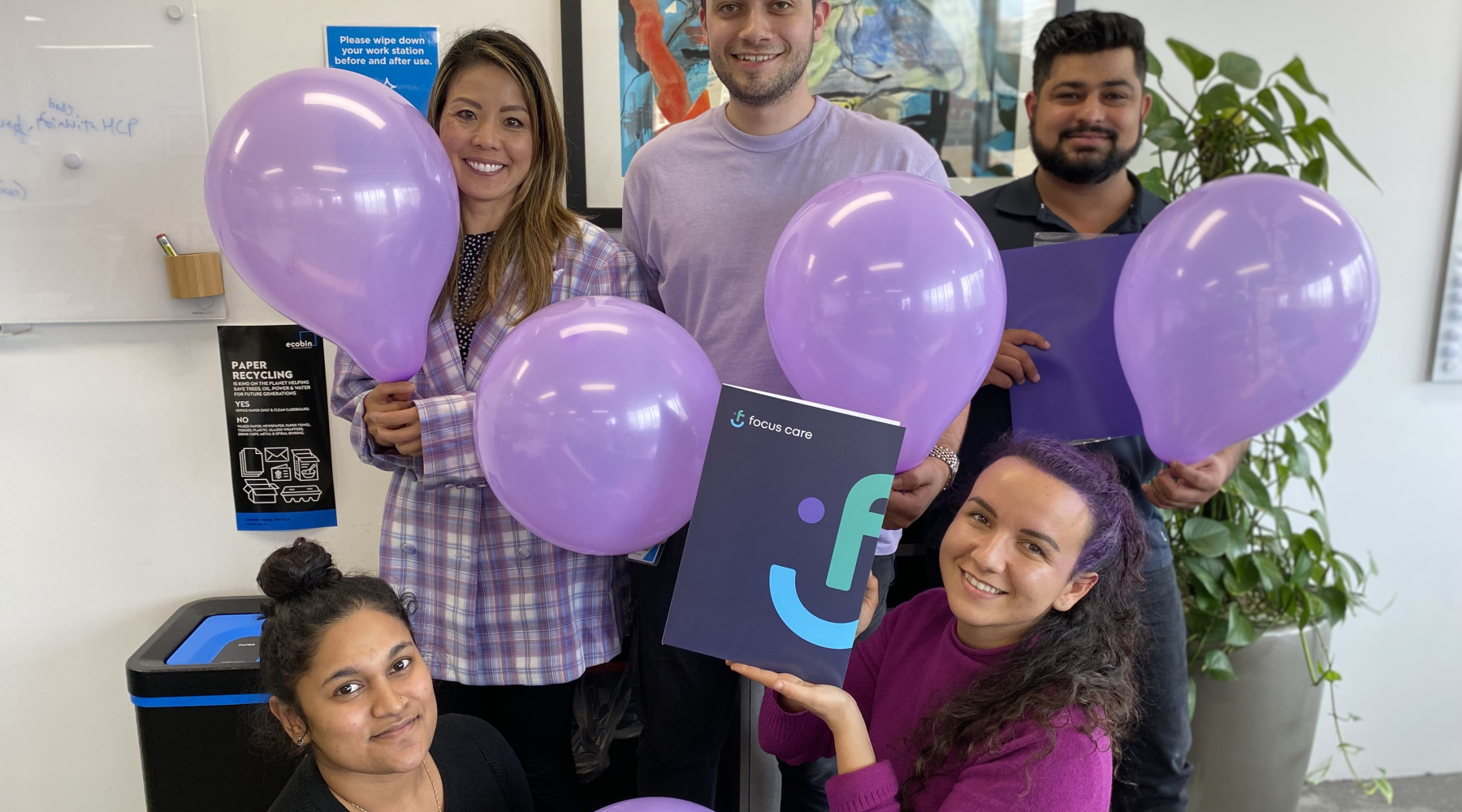
Members of our Sydney team going purple for Purple Day. Is that purple hair I see?!
Myth #2: All people with epilepsy lost consciousness and have convulsions
The most common seizure we see on TV is called a ‘tonic-clonic seizure’. This is where a person falls to the ground and starts to shake (and often in movies and TV they begin to foam at the mouth, but this is not always the case!).
In fact, there are over 40 different seizure types, some of which include quick muscle twitches, a brief loss of awareness, confusion or disorientation. To find out more about different types of seizures click here.
Myth #3: Epilepsy is a mental illness
Sometimes epilepsy and seizures can be mistaken for mental illness. For example, a person may make unusual noises, use strange words and/or behave oddly when having a seizure. But epilepsy is not a mental illness. In fact, the vast majority of people living with epilepsy have no psychological or cognitive issues at all. However, just like anyone else, some people with epilepsy can develop mental health conditions, such as depression or anxiety.
Myth #4: You should restrain a person who is having a seizure
Restraining someone during a seizure is more likely to agitate or harm that person (or you). Although for onlookers, a person having a seizure can be upsetting, the advice is not to restrain them. A seizure will run its course on its own and restraining someone will not stop or slow it down.
Seizure first aid depends on the type of seizure. To find out more about seizure first aid click here.
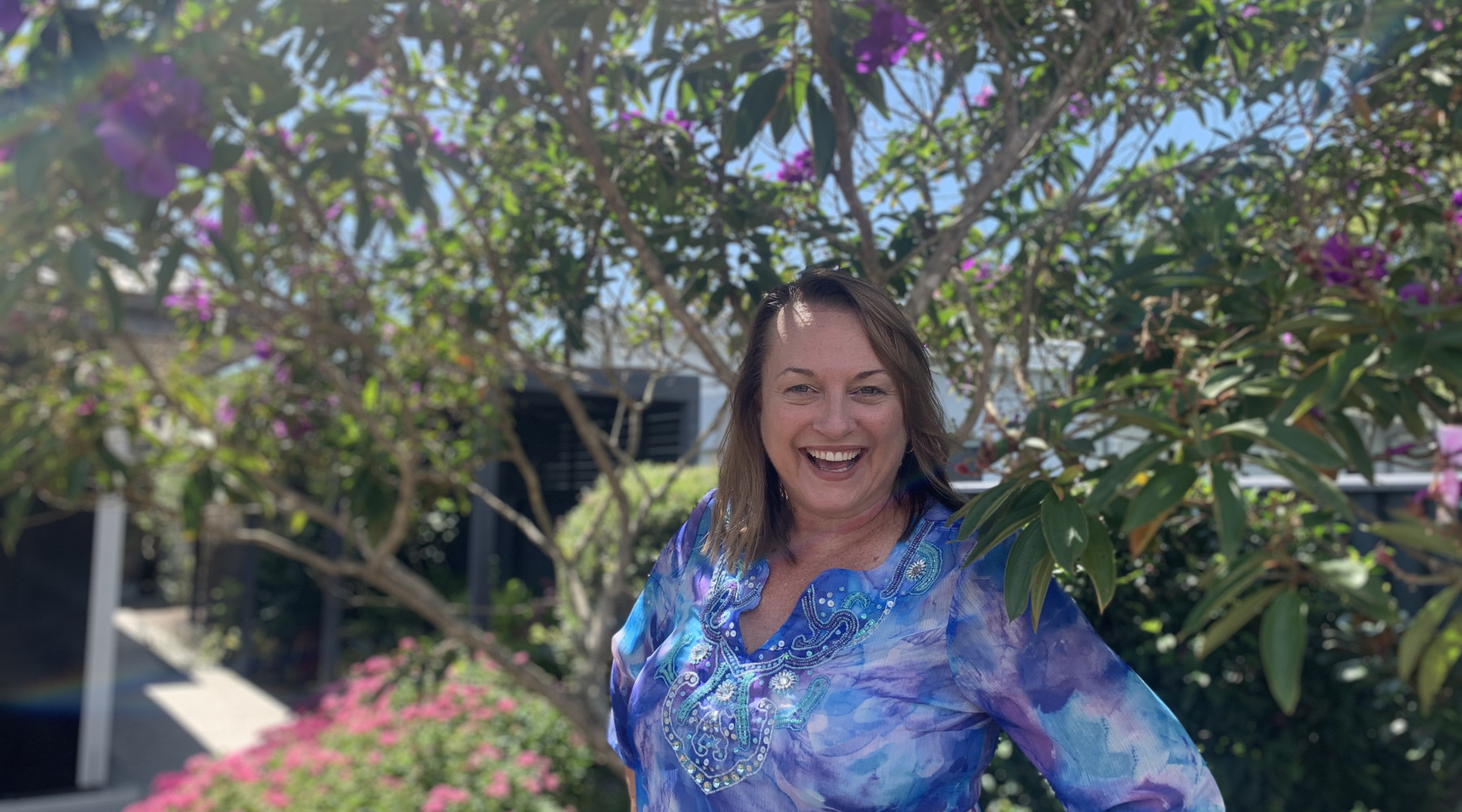
Even staff working from home today are dressing in purple and sending us photos!
Myth #5: If you have epilepsy, you can't drive
People with epilepsy can obtain a driver's license if their seizures are effectively managed with medication, or if they fulfil the guidelines set out by the relevant driving authority in their state.
The Epilepsy Foundation has some great resources for drivers who have epilepsy.
Focus Care’s Disability Support Workers have access to thorough education on epilepsy and seizure management through our learning platform and via ongoing training sessions from our clinical team.
Every person with epilepsy will present unique symptoms and their management strategies will look different depending on the individual.
The Epilepsy Foundation has a free webinar series available on their website. If you or someone you know is living with epilepsy, please check out these resources.
How can Focus Care help?
Focus Care is an approved NDIS and Home Care Package provider of in-home aged care and disability support in Sydney, The Newcastle Hunter Region, the Armidale New England Region, Sunshine Coast and Melbourne.
Some of the many disability and home care services that assist our clients with epilepsy and seizure management include:
Development of Epilepsy Management Plans
Providing Support Coordination to help with researching assistive technologies and getting these funded through an NDIS Plan
Social Support to keep people connected to their community
Carer Respite to support the physical, mental, and emotional wellbeing of parents or carers of the client
Transport to and from the shops, activities, work, school, and appointments
Art Therapy to support emotional wellbeing
As an approved provider of Home Care Packages and services through the NDIS scheme, all of our services are available through these government-funded programs. We also offer all services privately.
If you or a loved one are looking for support for epilepsy, contact us today to see how we can help.
